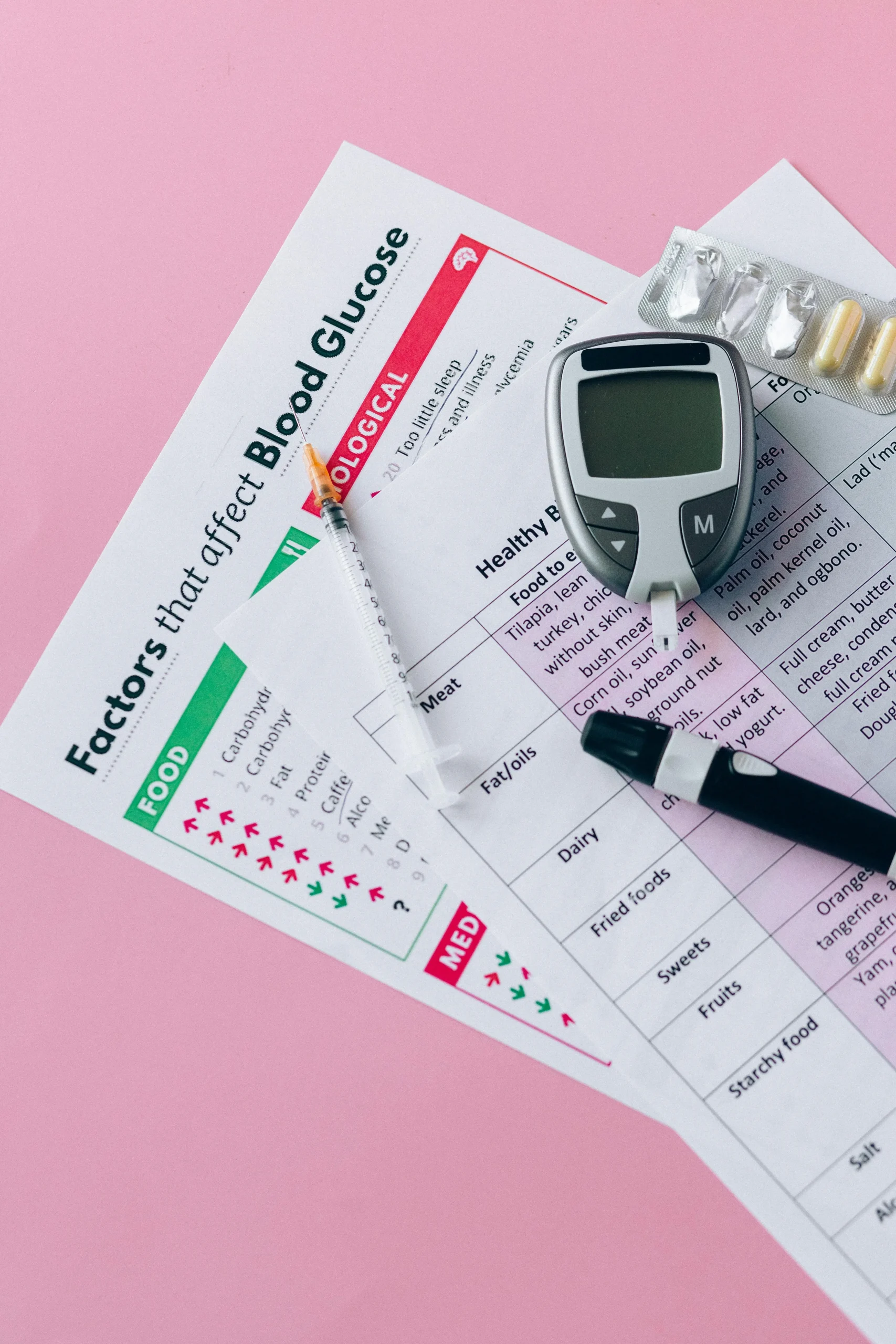Macronutrients protein, carbohydrates, and fat get most of the attention in fitness nutrition. But micronutrients are the quiet drivers behind energy production, muscle function, immune defense, and recovery. For athletes and active individuals, understanding which vitamins and minerals matter most can make a measurable difference in performance and long-term health.
Here’s a breakdown of the key micronutrients that support training, recovery, and overall vitality.
Why Micronutrients Are Crucial for Athletes
Micronutrients are vitamins and minerals required in small amounts, but their impact is anything but minor. They act as cofactors in enzymatic reactions, regulate hormone production, and support cellular repair. For athletes, micronutrient needs are often higher due to increased energy expenditure, sweat loss, and muscle turnover.
Key roles include:
- Supporting energy metabolism
- Enhancing immune function
- Promoting bone density and muscle contraction
- Reducing oxidative stress and inflammation
- Aiding recovery and tissue repair
Deficiencies—even mild ones—can lead to fatigue, poor performance, and increased injury risk.
By signing up, you agree to receive emails from RealFit Wellness. You can unsubscribe anytime. See our Privacy Policy.
Your Weekly Wellness Boost
Micronutrients That Matter Most for Training and Recovery
While all vitamins and minerals play a role, some are especially critical for active individuals:
1. Vitamin D
- Supports bone health, immune function, and muscle strength
- Deficiency linked to stress fractures and reduced performance
- Found in fatty fish, egg yolks, and fortified foods; also synthesized via sunlight
2. Magnesium
- Regulates muscle contraction, nerve function, and energy production
- Helps reduce cramping and supports sleep quality
- Found in leafy greens, nuts, seeds, and whole grains
3. Iron
- Essential for oxygen transport and energy metabolism
- Low levels impair endurance and recovery
- Found in red meat, lentils, spinach, and fortified cereals
4. Calcium
- Critical for bone density and muscle function
- Works synergistically with vitamin D
- Found in dairy, tofu, almonds, and leafy greens
5. B Vitamins (B6, B12, Folate, etc.)
- Support energy production and red blood cell formation
- Important for mood, focus, and recovery
- Found in whole grains, legumes, eggs, and meat
6. Zinc
- Supports immune health, wound healing, and protein synthesis
- Found in shellfish, beef, pumpkin seeds, and chickpeas
How to Get Enough Micronutrients Through Food
Supplements can help fill gaps, but whole foods should be the foundation. A varied, nutrient dense diet provides better absorption and synergy between nutrients.
Tips for optimal intake:
- Eat the rainbow: Include a variety of colourful fruits and vegetables
- Rotate protein sources: Include plant-based and animal proteins
- Choose whole grains over refined carbs
- Include fermented foods for gut health and nutrient absorption
- Cook with herbs and spices rich in trace minerals
If training intensity is high or dietary restrictions exist, consider blood testing to monitor levels of vitamin D, iron, and B12.
When to Prioritize Micronutrient Intake
Timing matters. Certain micronutrients support specific phases of training and recovery:
- Pre-workout: B vitamins and magnesium for energy and focus
- Post-workout: Zinc and vitamin D for repair and immune support
- Daily baseline: Iron and calcium for endurance and bone strength
- Seasonal needs: Vitamin D and C during winter or illness-prone periods
Hydration also plays a role electrolytes like sodium, potassium, and magnesium are lost through sweat and should be replenished regularly.






